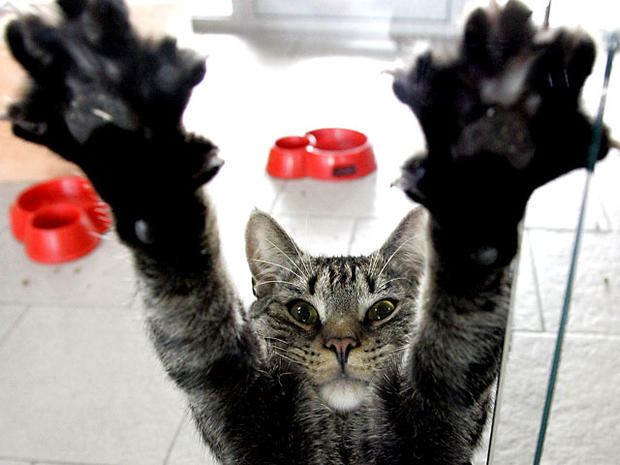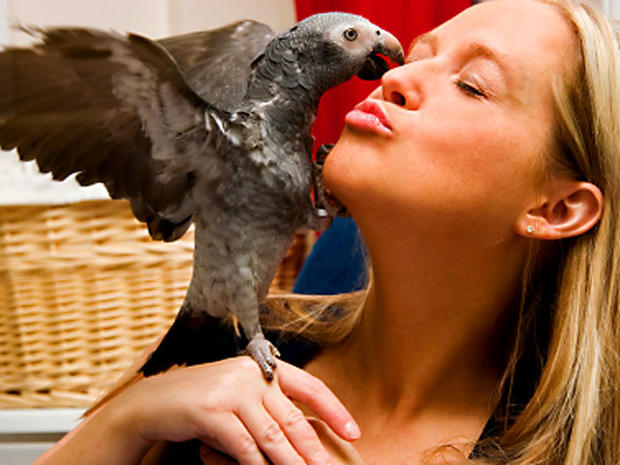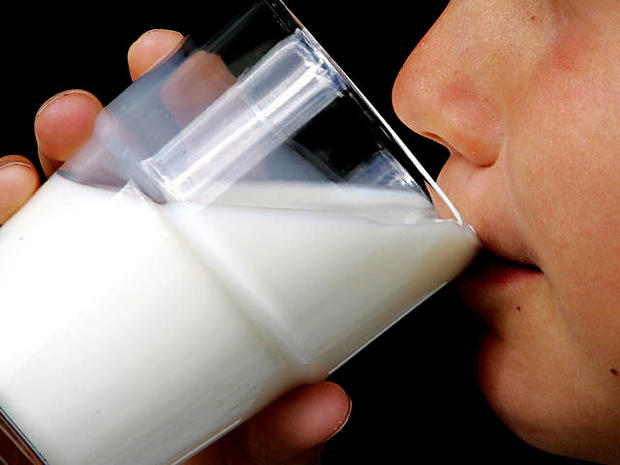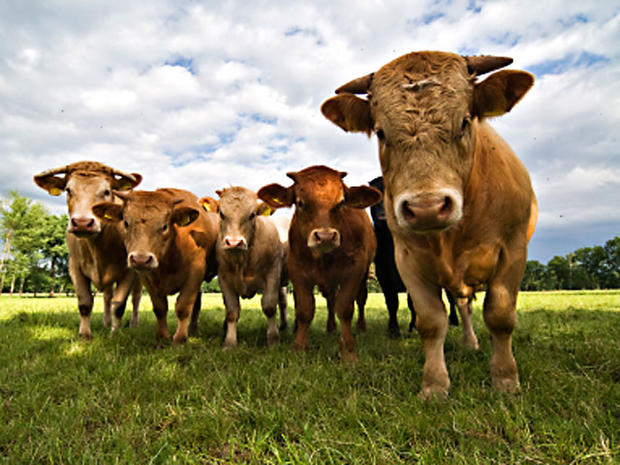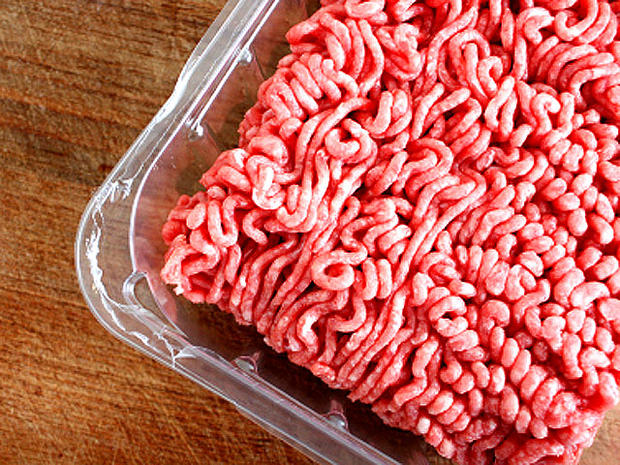10 scary diseases pets give people
We love our pets. But sometimes they make us sick - literally. In fact, all sorts of animals - including dogs, cats, and farm animals - can spread illness to humans. Some so-called "zoonoses" are mild, but some can be serious or even fatal.
Here's the dirt on 10 diseases animals can give you, based on information provided by the Centers for Disease Control and Prevention.
Catch scratch disease
A bacterial infection, cat scratch disease - a.k.a. cat scratch fever - can spread to humans via the bite or scratch of an infected feline. Most people with CSD develop a mild infection, though some get swollen lymph nodes, fever, and fatigue. The illness can be particularly severe for people with reduced immunity.
About 40% of cats carry the disease-causing bacterium B. henselae at some point. But be careful, as your cat probably won't show signs of infection.
Psittacosis
People get psittacosis by breathing in dust from dried droppings of infected birds, so bird owners and pet store workers are at special risk. Though it's commonly called parrot fever, psittacosis can also be spread by pigeons, ducks, turkeys, and other birds. The illness typically lasts one to three weeks, with symptoms including fever, chills, diarrhea, and dry cough. Not to worry, antibiotics can cure man and bird alike.
Brucellosis
Brucellosis strikes people and dogs as well as farm animals. It's typically transmitted by drinking the milk of a contaminated cow or goat, although it's also possible to get brucellosis if a cut on your skin comes into contact with an animal's blood or saliva. The resulting illness causes pain and flu-like symptoms and is treated with antibiotics.
Tuberculosis
Humans can get TB from deer, cattle, and other animals - even elephants. In 2009, eight employees at an elephant sanctuary in Tennessee came down with TB - possibly after coming into contact with elephant waste or even germy elephant sneezes. TB symptoms include chest pain, cough, fever, and fatigue.
Cryptosporidiosis
Also known as crypto, cryptosporidiosis can spread to humans who have contact with the poop of an infected dog, cat, or farm animal. The parasitic disease can cause fever, nausea, abdominal cramps, vomiting, and diarrhea. Crypto generally goes away without treatment, unless the person's immune system is compromised. Then it can be deadly.
Mad cow disease
Mad cow is the familiar name for bovine spongiform encephalopathy (BSE), a deadly neurological disorder caused by virus-like infectious agents known as prions. Cows can get mad cow by eating feed made from the bodies of infected cattle, and humans get a mad cow variant by eating contaminated beef. The human variant progresses rapidly, destroying brain cells, causing dementia, memory loss, hallucinations, personality changes, seizures, and ultimately death.
Hookworm
Hookworm is a parasite that lives in the small intestines of infected dogs and cats. The animal hosts excrete hookworm eggs, and humans become infected after having contact with worm-containing soil (maybe something to think about before rolling around in the back yard with your favorite pooch). If the hookworm enters through the skin, a person can get painful itchy infections. If the worms are ingested, intestinal bleeding, inflammation, and abdominal pains are possible. The illness can be cured with anthelmintic (antiparasite) drugs.
Rabies
Rabies is, of course, the most notorious of all zoonotic diseases. It's spread by a virus that is commonly found in raccoons, skunks, bats, and foxes. The disease can be spread by contact with saliva from an infected animal, whether from a wild animal or a pet dog that has had a brush with one. Rabies starts with flu-like symptoms. Without treatment, it leads to agitation, delirium, hallucinations, and partial paralysis. Worldwide, the disease causes 55,000 deaths a year. The rabies vaccine used to require painful shots to the abdomen, but the modern vaccine involves only three to five shots in the shoulder.
Toxoplasmosis
Humans contract toxoplasmosis when they come into contact with the feces of a cat infected with the Toxoplasma gondii parasite. Though often mild, the disease can cause severe flu-like symptoms in children and in those with weakened immune systems. Since toxoplasmosis can affect fetal health, doctors say pregnant women should be especially careful around cats - and give up cleaning litter boxes.
Escherichia coli O157:H7
E. coli is the scientific name of a bacterium that causes a potentially serious illness marked by severe diarrhea, fever, cramps, nausea, and vomiting. People commonly get the disease by eating contaminated meat, but coming into contact with cow manure can also cause infection. Cooking meat thoroughly helps. So does washing your hands (or a child's) after a trip to a ranch or petting zoo.

